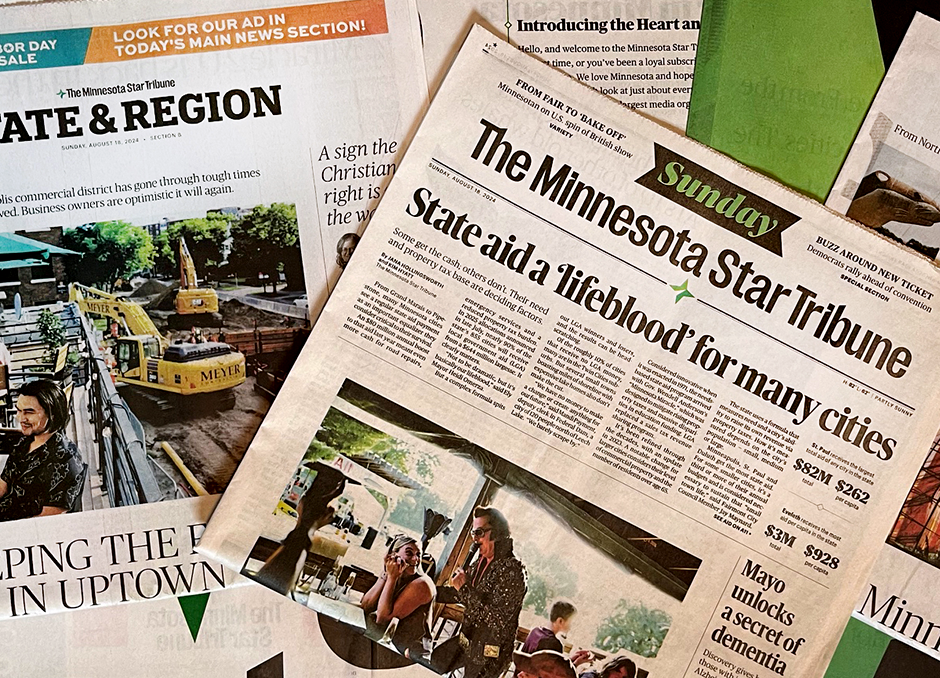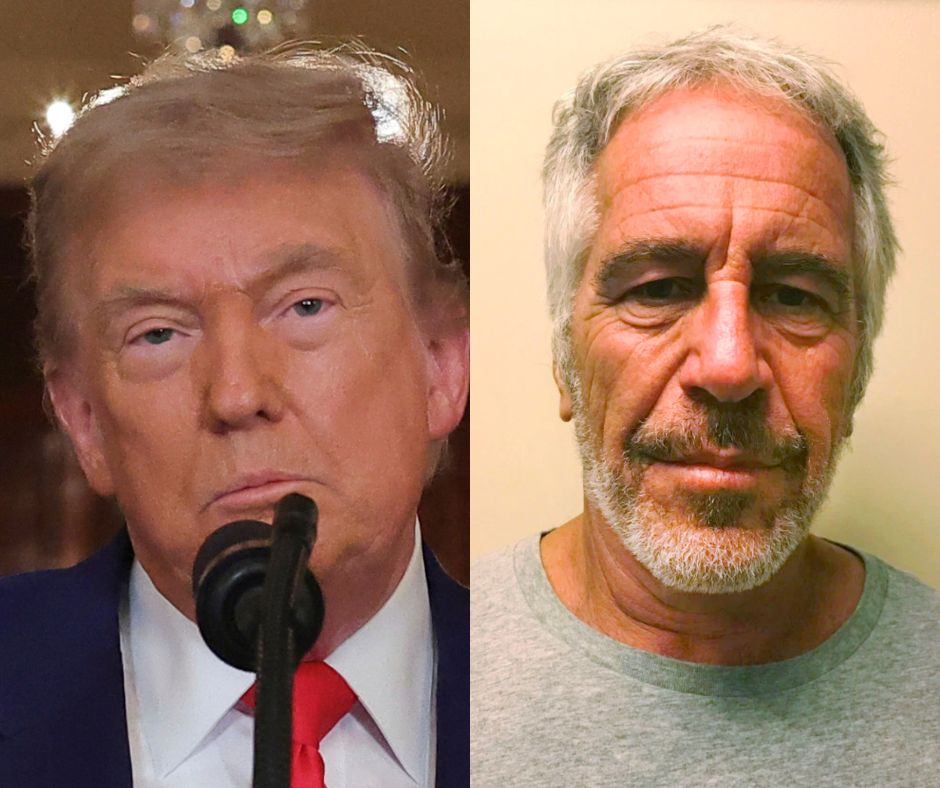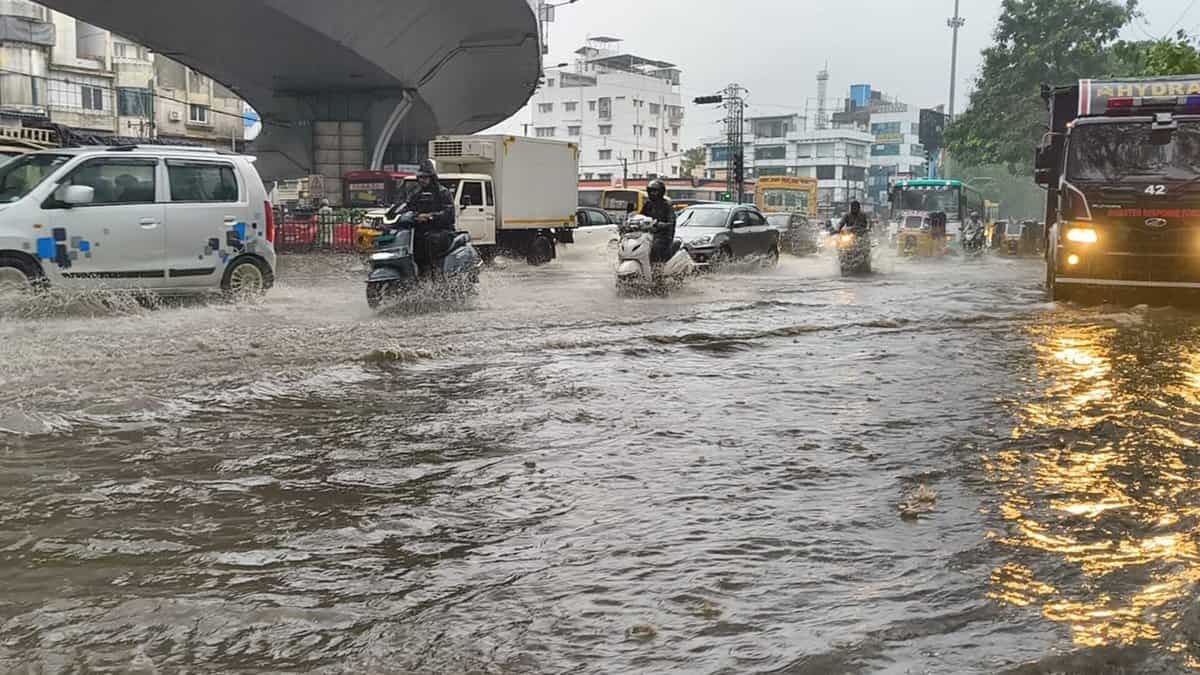KIGALI, Rwanda (AP) — Rwanda on Tuesday became the third African nation to agree to accept deportees from the United States under the Trump administration’s plans to send migrants to countries they have no ties with to get them off American soil.
Rwandan government spokesperson Yolande Makolo told The Associated Press in a statement that the East African country would accept up to 250 deportees from the U.S., with “the ability to approve each individual proposed for resettlement” under the agreement.
READ MORE: Men deported by U.S. to Eswatini in Africa will be held in solitary confinement for undetermined time
Makolo didn’t provide a timeline for any deportees to arrive in Rwanda or say if they would arrive at once or in several batches. She said details were still being worked out.
The U.S. sent 13 men it described as dangerous criminals who were in the U.S. illegally to South Sudan and Eswatini in Africa last month and has said it is seeking more agreements with African nations. It said those deportees’ home countries refused to take them back.
The U.S. has also deported hundreds of Venezuelans and others to Costa Rica, El Salvador and Panama under President Donald Trump’s plans to expel people who he says entered the U.S. illegally and are “the worst of the worst.”
Rwanda attracted international attention and some outrage when it struck a deal in 2022 with the U.K. to accept migrants who had arrived in the U.K. to seek asylum. Under that proposed deal, their claims would have been processed in Rwanda and, if successful, they would have stayed there.
The contentious agreement was criticized by rights groups and others as being unethical and unworkable and was ultimately scrapped when Britain’s new Labour government took over. Britain’s Supreme Court ruled in 2023 that the deal was unlawful because Rwanda was not a safe third country for migrants.
The Trump administration has come under scrutiny for the African countries it has entered into secretive deals with to take deportees. It sent eight men from South Sudan, Cuba, Laos, Mexico, Myanmar and Vietnam to South Sudan in early July after a U.S. Supreme Court ruling cleared the way for their deportations.
They were held for weeks in a converted shipping container at an American military base in Djibouti as the legal battle over their deportations played out. South Sudan, which is tipping toward civil war, has declined to say where the men are being held or what their fate is.
The U.S. also deported five men who are citizens of Vietnam, Jamaica, Cuba, Yemen and Laos to the southern African kingdom of Eswatini, where the government said they will be held in solitary confinement in prison for an undetermined period of time.
A human rights lawyer in Eswatini said the men are being denied access to legal representation there and has taken authorities to court. Eswatini is Africa’s last absolute monarchy, and the king rules over government and political parties are effectively banned.
Both South Sudan and Eswatini have declined to give details of their agreements with the U.S.
Rwanda, a relatively small country of some 15 million people, has long stood out on the continent for its recovery from a genocide that killed over 800,000 people in 1994. It has promoted itself under longtime President Paul Kagame as an example of stability and development, but human rights groups allege there are also deadly crackdowns on any perceived dissent against Kagame, who has been president for 25 years.
Government spokesperson Makolo said the agreement with the U.S. was Rwanda doing its part to help with international migration issues because “our societal values are founded on reintegration and rehabilitation.”
“Those approved (for resettlement in Rwanda) will be provided with workforce training, healthcare, and accommodation support to jumpstart their lives in Rwanda, giving them the opportunity to contribute to one of the fastest-growing economies in the world over the last decade,” she said. There were no details about whether Rwanda had received anything in return for taking the deportees.
Gonzaga Muganwa, a Rwandan political analyst, said “appeasing President Trump pays.”
“This agreement enhances Rwanda’s strategic interest of having good relationships with the Trump administration,” he said.
The U.K. government estimated that its failed migration deal with Rwanda cost around $900 million in public money, including approximately $300 million in payments to Rwanda, which said it was not obligated to refund the money when the agreement fell apart.
Imray reported from Cape Town, South Africa.
We’re not going anywhere.
Stand up for truly independent, trusted news that you can count on!
















































